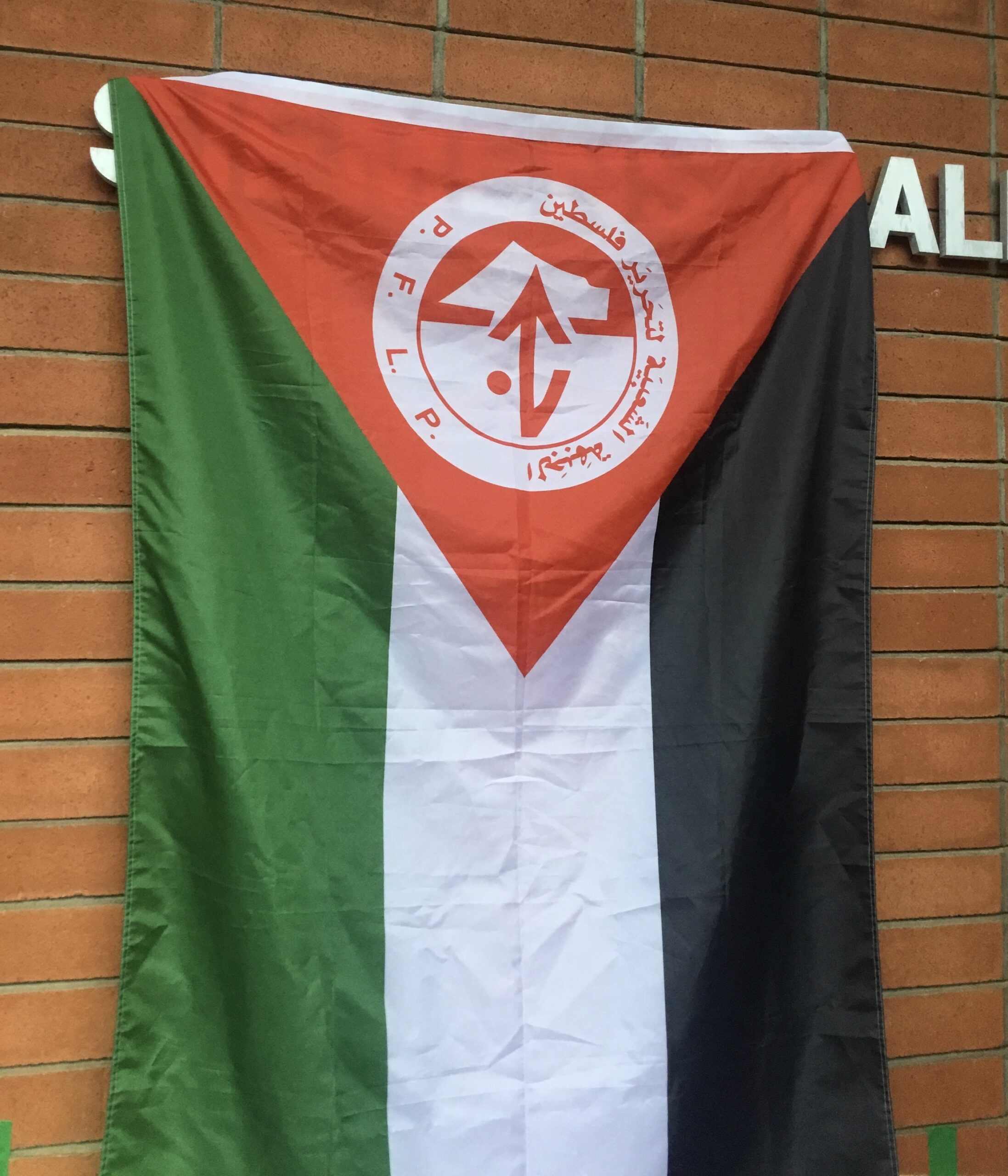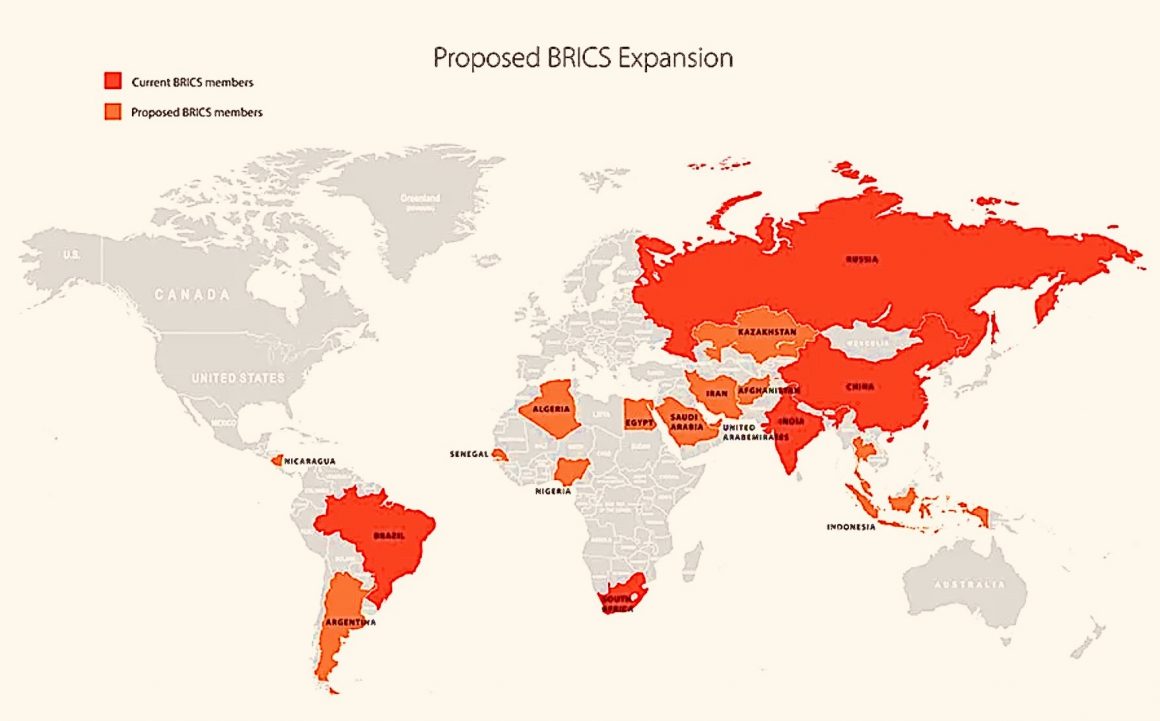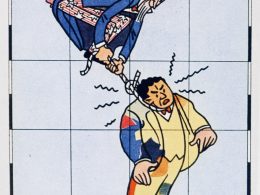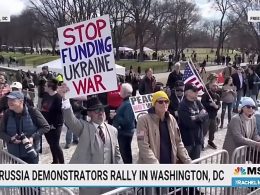Note: the map above is from last year. Since then the prospective BRICS members have expanded in number, coming to include Pakistan and Bolivia.
The project that the most committedly anti-imperialist formations within the American communist movement have been carrying out; wherein they’ve not just countered the anti-Russian psyops, but clarified why Russia is in the right for taking action against the empire; represents only one stage in our task of ending imperialism. Narratively backing Russia has been necessary both for fighting the information war against imperialism in the short term, and for making the anti-imperialist movement capable of navigating the next, even more intense stage.
That coming stage is one where, after the hegemon has had to abandon Ukraine the same way it abandoned Afghanistan, the State Department has been assigned to try to destroy essentially the entire global trade and currency order which operates outside the Euro-American sphere. The only hope (or false hope) left for saving American dominance is to destabilize all the institutions, or if necessary even the states, that are challenging the dollar. In response, communists must shift towards defending these states and institutions; at this moment, BRICS especially deserves our narrative aid.
What we need to do is expand our efforts at combating the psyops against Russia, now doing the same for every other global force which shows itself to be committed to defying the hegemon. And that means more than debunking the falsehoods the empire constructs about BRICS members like China; it also means propagating the idea that BRICS, and the other alliances or initiatives which threaten U.S. hegemony, represent sources of hope for the global working class. As that’s how we can discredit the demoralizing notion, put forth by imperialism’s propagandists, that BRICS is better off disbanding.
There’s a reason why socialist states like the DPRK, as well as Global South anti-imperialist movements like the one in Burkina Faso, have been voicing support for Russia and its recent actions against the hegemon: they understand that U.S. imperialism is the world’s primary contradiction, and therefore that combating it is the first priority. This is in contrast to the western “left” and “Marxists,” which seek to build influence within political spaces that are controlled by the central colonial institutions; the majority of the world’s socialists and progressives are able to think bigger than the ineffectual minority in the west does, taking into account the broader needs of the struggle. They don’t let secondary contradictions, like the class character of the present Russian state, stop them from helping influence the narrative in the ways necessary for weakening the hegemon.
Now that the hegemon’s psyops surrounding Ukraine enter their later stages of failing; and this part of the narrative war comes to be won by the anti-imperialist side; this same pragmatic reasoning must inform how communists counter the emerging hybrid war against BRICS.
As communists, our end goal is world revolution; and therefore by defending BRICS, the BRI, and the other PRC-aligned anti-imperialist projects, we don’t seek merely to weaken the empire. We seek also to make the empire nonexistent via a proletarian revolution within U.S. borders, a task that can’t happen if we don’t sufficiently work to combat U.S. power. These tasks—completing the transition to multipolarity and carrying out world workers revolution—are interwoven with each other. We can only get so far with each one of them until it becomes necessary to incorporate aspects of the other. This is the conclusion that Saikat Bhattacharya comes to in his analysis on the prospect for a new wave of revolutions:
The Chinese economic growth created a high price of raw materials and thus many Third World countries enjoyed its fruits. But as the Chinese growth is moderating raw material price is falling and thus hurting many Third World countries economically. The global flow of capital will also fall further after the coming crisis (already falling since 2008 crisis) making it impossible for many countries to finance current account deficit. Thus many economies will be in tatters. Among them, the USA, Russia, India, Pakistan, Bangladesh and Indonesia may see a rise of revolutionary politics. While in the USA, the main problem for socialists is to divert resources from Wall Street and Pentagon to infrastructure and household, in Russia it is self-reliance of the economy and destroying the power of the oligarchs that should be taken care of. With the Chinese growth moderating, mankind needs a new region of high growth. India, Pakistan, Bangladesh and Indonesia can lead the world in this prospect only if they go through a successful revolution. While economic crisis can force Pakistan to go for anti-feudal and anti comprador capitalist class revolution, it is a geopolitical crisis that can break Bangladeshi ruling class.
The reason global communists need to unite behind BRICS, as they’ve needed to unite behind Russia’s Operation Z, is that like Z, BRICS represents a historically progressive development which weakens U.S. hegemony. And thereby, it makes more countries able to undergo workers revolutions. Even India, as reactionary and anti-Chinese as its BJP government is, has been made more capable of coming to socialism by its being a BRICS member. The equivalent is the case for Pakistan, which was already a quite pro-China international actor prior to when it began seeking BRICS membership this year.
Even though unlike Pakistan, India refuses to back the BRI, simply by being a BRICS member India is helping make the global situation in the long term trend more towards multipolarity. Foreign Policy observed this year, prior to the recent introduction of a BRICS currency, that “Countries like India and China may have security interests at odds with each other. But India and China do share an interest in de-dollarizing.” That India is part of BRICS ultimately represents something negative for the hegemon; it makes the Global South more of a singular unit, one that could act against Washington when it comes to the most historically defining issues (such as currency). Because India remains a BRICS member, its growth is able to represent a help rather than a hindrance to multipolarity; it’s why Chinese outlets such as Global Times can talk about this growth without a competitive or negative framing:
The BRI and BRICS are both global platforms meant to deepen cooperation through consultation and sharing. The aligning of the two mechanisms has led to win-win results and common progress in the last decade. The Global Times reporter Li Xuanmin (GT) conducted an interview with Leslie Maasdorp (M), vice president and chief financial officer of the New Development Bank (NDB). According to Maasdorp, the BRI’S green push is likely to send a powerful message to the world amid the heating global battle against climate change. He also highlighted the growing role of BRICS countries in the global economy, projecting that China and India together are likely to account for 50 percent of global growth in 2023.
And that India can’t unite with China on the BRI doesn’t mean BRICS, as a whole, isn’t helping advance the BRI. The BRICS expansion effort is part of China’s effort to link the grouping with the BRI, and that this effort has been succeeding shows BRICS is bigger than India’s reactionary present leadership; BRICS is coming to be a way for the formerly colonized world to formally join together against imperialism. That Bolivia has decided this week to try to join BRICS further demonstrates how attractive it’s becoming to countries whose people have been trying to permanently break from imperial control. Only a few years ago, the Bolivian people had to fight to undo the effects of a U.S. coup, and the fascist elements within the country are still trying to create the conditions for another catastrophe like that one. BRICS is giving the Global South more strength to be able to fight off imperialist attempts at reinforcing neo-colonial control, formally uniting countries like Bolivia with others that share its interests.
BRICS is a way for the majority of the world’s countries which have refused to join in on Washington’s war against Russia to come together, and build a new order that’s independent from the neo-colonial system. This is the next logical action for these countries after they’ve collectively decided to carry out such a passive, but still meaningful, act of defiance against the hegemon at a crucial historical moment. To win, the formations which oppose imperialism within the core have to connect with these global forces, assisting in their narrative fight against the hegemon so that we can mutually weaken U.S. capitalist power.
————————————————————————
If you appreciate my work, I hope you become a one-time or regular donor to my Patreon account. Like most of us, I’m feeling the economic pressures amid late-stage capitalism, and I need money to keep fighting for a new system that works for all of us. Go to my Patreon here.
To keep this platform effective amid the censorship against dissenting voices, join my Telegram channel.








